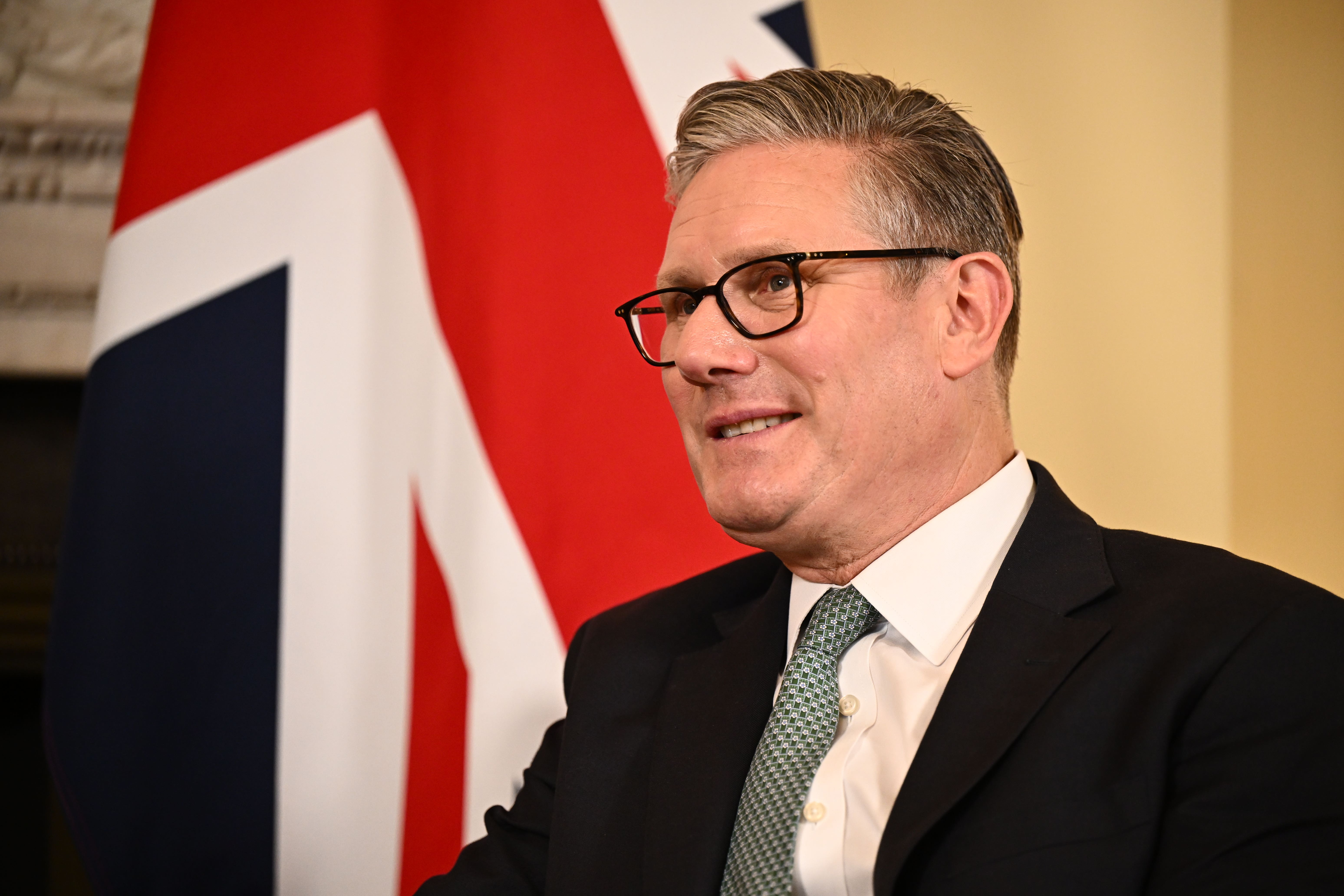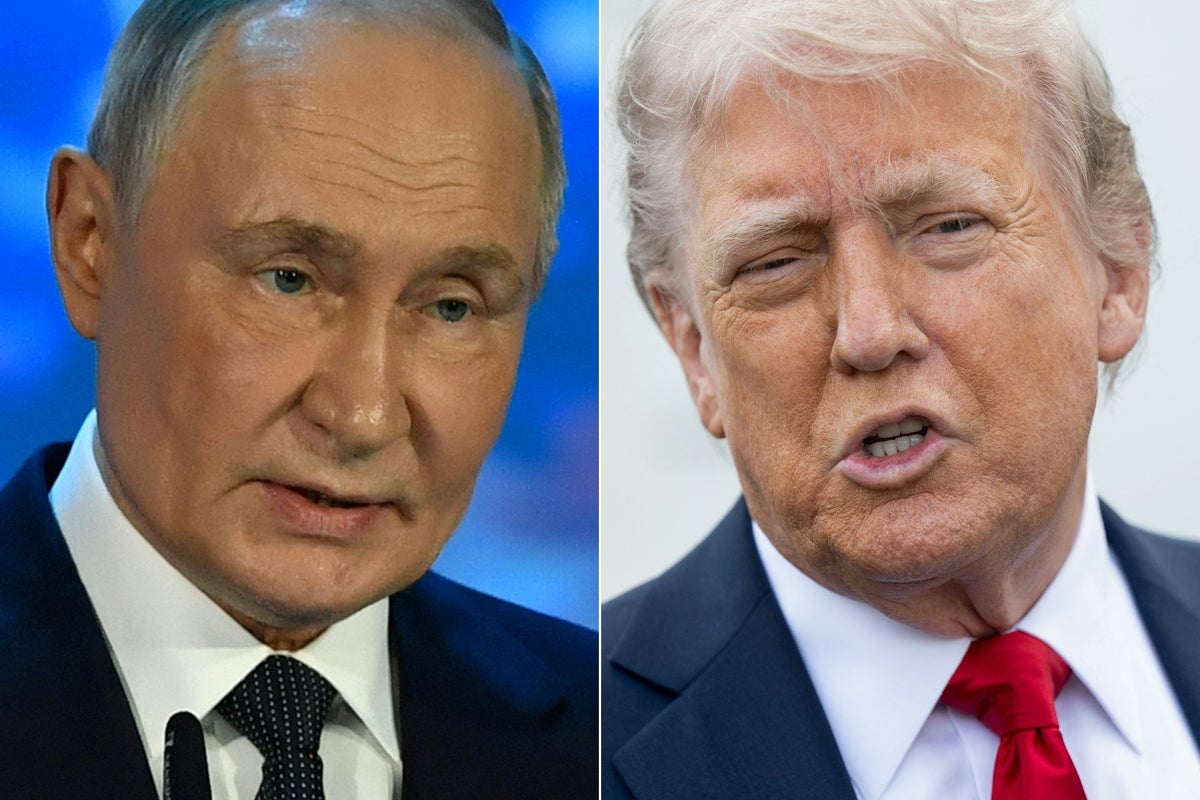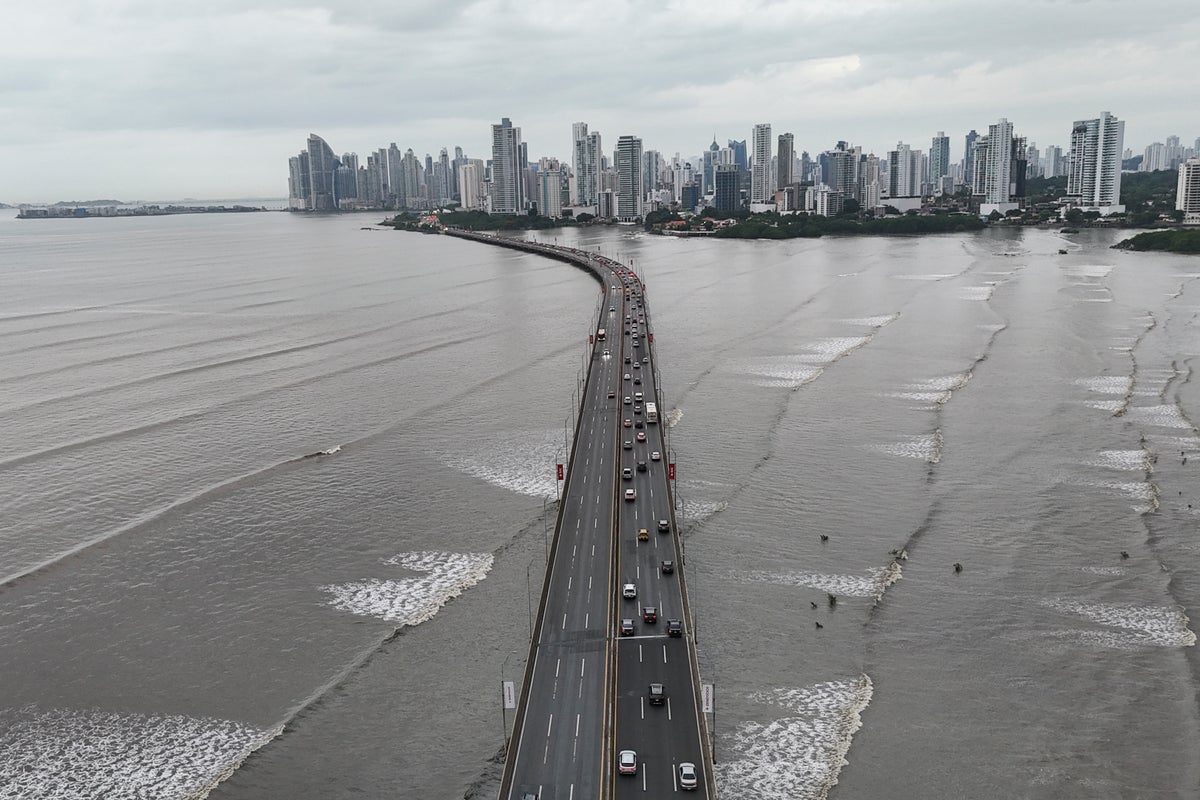The UK will recognise a Palestinian state in September, Sir Keir Starmer has announced, unless Israel ends the “appalling situation in Gaza”.
Britain will only refrain from doing so if Israel allows more aid into Gaza, stops annexing land in the West Bank, agrees to a ceasefire and signs up to a long-term peace process over the next two months, the prime minister said.
The move has sparked fury from Israeli prime minister Benjamin Netanyahu, who accused the Sir Keir of “appeasing” and rewarding “Hamas’s monstrous terrorism”.
Donald Trump, who met Sir Keir on Monday suggested the pair had not talked about recognising Palestinian statehood.
But Mr Trump said he did not mind the prime minister “taking a position” on the issue, contrasting his reaction to Emmanuel Macron’s announcement that France will recognise Palestine in September. The US president suggested France’s decision will make no difference, although other figures within the US administration have been more critical.
France and Britain are the first major Western powers to put forward plans recognise a Palestinian state – a move that could heap pressure on other allies to do the same.
So far, recognition of Palestinian sovereignty has largely been limited to countries in Africa, South America and Asia that have historically been critical of Israel.
The history of Palestinian recognition
In 1988, the Palestine Liberation Organisation (PLO), the official representative of the Palestinian people, formally declared the establishment of the State of Palestine.
In practice, the Palestinians have limited self-government through the Palestinian Authority (PA) in parts of the Israeli-occupied West Bank.
The PA lost control of the Gaza Strip to Hamas in 2007. The UN considers both territories as occupied by Israel and comprising a single political entity. Palestinians also want East Jerusalem to be part of a future state.
Currently, 147 of the 193 member states of the United Nations recognise the state of Palestine.
Palestine has been a non-member observer state of the United Nations General Assembly since November 2012.
Last year, the United Nations General Assembly granted Palestine additional rights, including being seated with member states, the right to introduce proposals and participate in committees. It still does not have the right to vote.
Which European countries recognise Palestine?

In the EU, Sweden, Slovenia, Ireland and Spain are the only members of the bloc so far to have recognised Palestine. Seven EU countries had already taken the step before joining the Union:
- Bulgaria
- Cyprus
- Czech Republic
- Hungary
- Romania
- Poland
- Slovakia
Several other EU members, including Malta and Belgium, have indicated their intention to recognise the state of Palestine.
Italy’s prime minister Giorgia Meloni said on Saturday that recognising the State of Palestine before it is established could be counterproductive.
“If something that doesn’t exist is recognised on paper, the problem could appear to be solved when it isn’t,” Ms Meloni told Italian daily La Repubblica.
A German government spokesperson said on Friday that Berlin was not planning to recognise a Palestinian state in the short term and said its priority now is to make “long-overdue progress” towards a two-state solution.
G20 recognition

Among the G20, a group of the world’s major economies, ten countries recognise the state of Palestine. These are:
- Argentina
- Brazil
- China
- India
- Indonesia
- Mexico
- Russia
- Saudi Arabia
- South Africa
- Turkey
Nine countries in the G20, including the UK, USA, Australia, Canada, France, Germany, Italy, Japan and South Korea do not, though Britain and France plan to recognise Palestinian sovereignty in September.
The EU, which is counted as an entity of the G20, does not recognise Palestine.
Why have G7 countries been reluctant to recognise Palestine?

None of the G7 countries – the UK, USA, Canada, France, Germany, Italy and Japan – currently recognise a Palestinian state.
US state department spokeswoman Tammy Bruce suggested a UN conference called to discuss recognising a Palestinian state as part of a two-state solution was a “publicity stunt” and called it a “slap in the face” to the victims of the October 7 attacks. She also suggested that the UK announcement could risk “rewarding Hamas”.
US President Donald Trump has himself expressed doubts about a two-state solution, proposing a US takeover of Gaza in February. This was condemned by Arab states, Palestinians and the UN as “ethnic cleansing”, a claim Israel has rejected.
Sir Keir said the UK government’s “primary aim” was getting aid into Gaza and getting hostages released when asked why UK recognition of the state of Palestine was conditional.
He added he was “particularly concerned that the very idea of a two-state solution is reducing and feels further away today than it has for many, many years”.
While Sir Keir signalled the UK could back away from recognising a Palestinian state if his conditions are met, No 10 is understood to believe that such a two-state solution would also proceed from negotiations towards a sustained peace.







